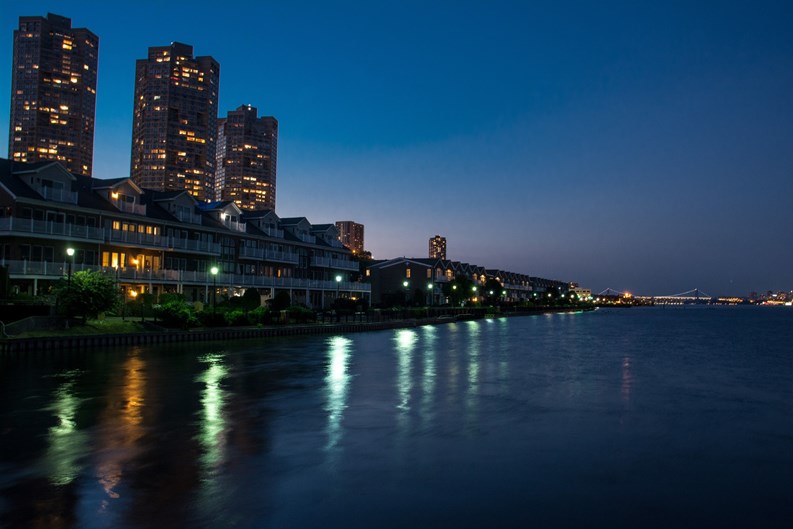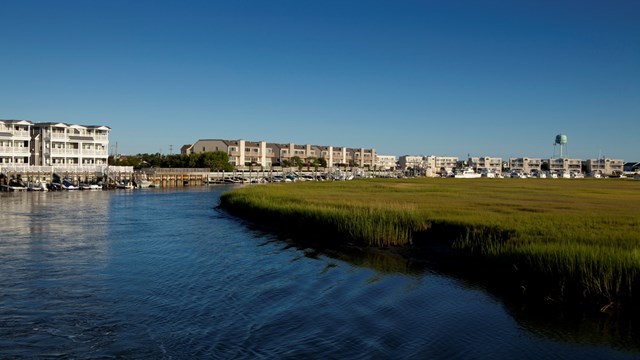Last March we reported on the legal case between Admiral’s Walk Condominium Association, located in Edgewater, New Jersey vs. Hudson Walk Conservancy over access to the Hudson River waterfront. There are new developments.
Recapping the Case
The crux of the case is that the Admiral’s Walk Condominium Association refused non-residents access to the portion of the walkway that crosses association property. Scott Piekarsky, an attorney with Phillips Nizer, a law firm located in Hackensack, New Jersey, represents the Conservancy and explains that the Association’s refusal “constitutes a taking. We challenged them - and the Chancery judge said access must be given.” The decision was handed down on January 14, 2023, and the condominium association does have the right to appeal. A conference was held mid-February to discuss the parameters of the access, but as of this writing, there’s no final order yet.
“Here in New Jersey,” explains Piekarsky, “we have long-established case law regulating access. This law and case precedent is established - it stretches back more than 100 years. The walkway we are speaking about is a public walkway that runs approximately 18 miles from the George Washington Bridge to Bayonne. New Jersey’s public trust doctrine indicates that the public has access to the state’s waterfronts for their enjoyment, whether that waterfront is the ocean or the Hudson River. The Hudson River Conservancy is a group that uses the riverfront, and specifically this area from the George Washington Bridge down to the Lincoln Tunnel. It’s a busy, well-developed area - a real metropolis - and use of this waterfront is a year-round thing.” (Piekarsky notes that this law applies only to tidal waters, such as the aforementioned rivers and ocean - not to landlocked bodies like lakes or ponds.)
Recent Developments
There have been two recent developments in the case. The first is an unusual twist, reports Piekarsky, relating to a different case altogether against a builder by the name of Fred Daibes. Daibes owned a French Restaurant called Le Jardin, also located in Edgewater. He was found to have violated New Jersey Department of Environmental Protection rules when he removed and disposed of soil on the restaurant site, and was fined by the NJ DEP for doing so. However, in place of the fine, Daibes was offered the option to contribute services to the construction of the Hudson River Walkway at the Admiral’s Walk Condo Association. “It’s kind of like community service,” explains Piekarsky. “He did what they asked. He’s involved in planning, engineering, and other activities related to the construction.”
Second, as to the ongoing legal steps in the dispute, Admiral’s Walk has filed an appeal, but the court has ruled that the case is not ready for review, as the presiding judge said under the applicable doctrine the public has the right to the walkway and agreed with the conservancy - however, she ruled that it’s really premature to do anything further because the project has to undergo public approval in Edgewater for final approvals etc., which must be exhausted before she rules further. The Conservancy has also filed suits against two commercial owners along the waterway who are refusing to comply with the access plans for the Hudson River Walkway.
We’ll keep you posted as further developments emerge.







Leave a Comment